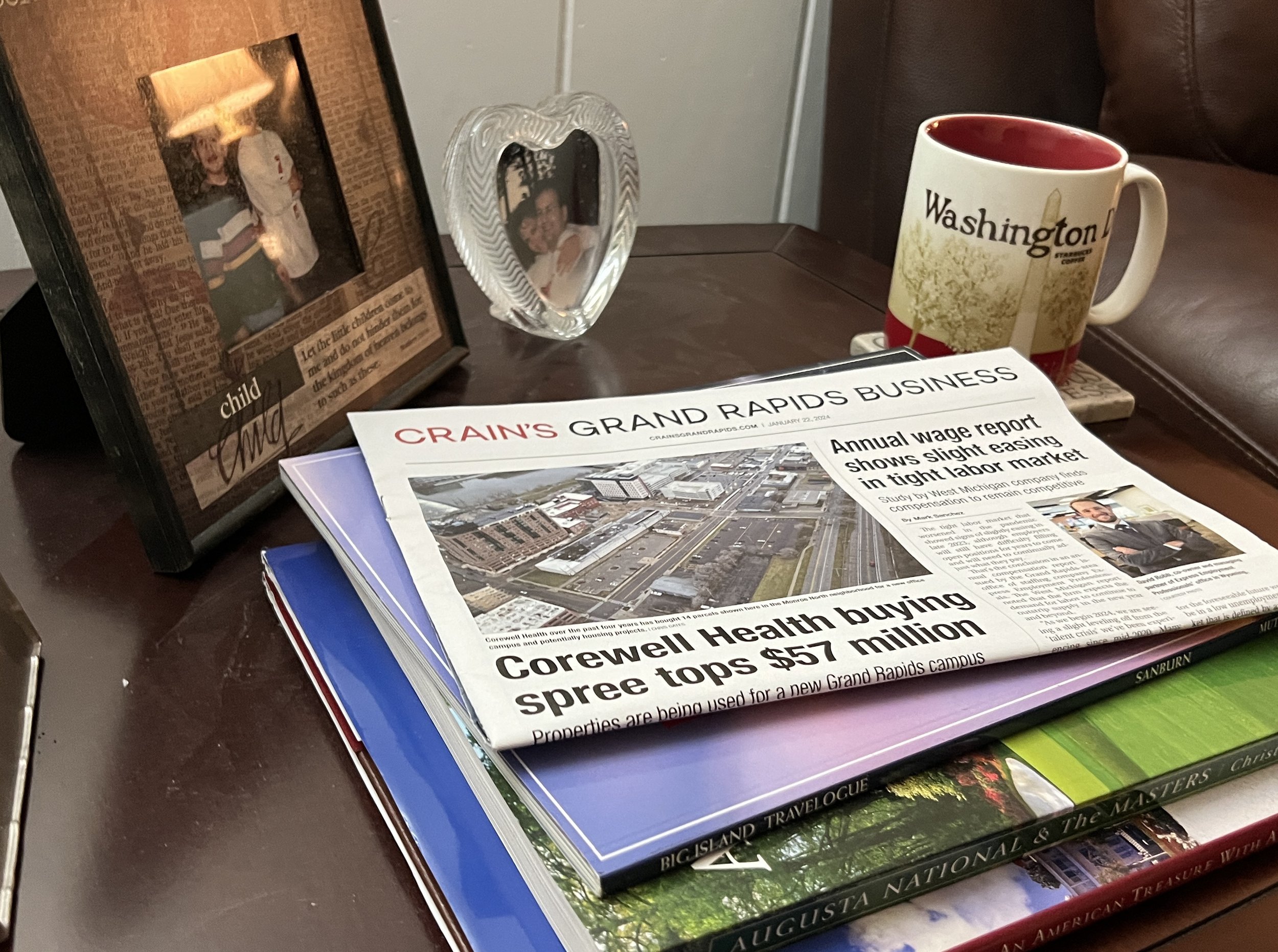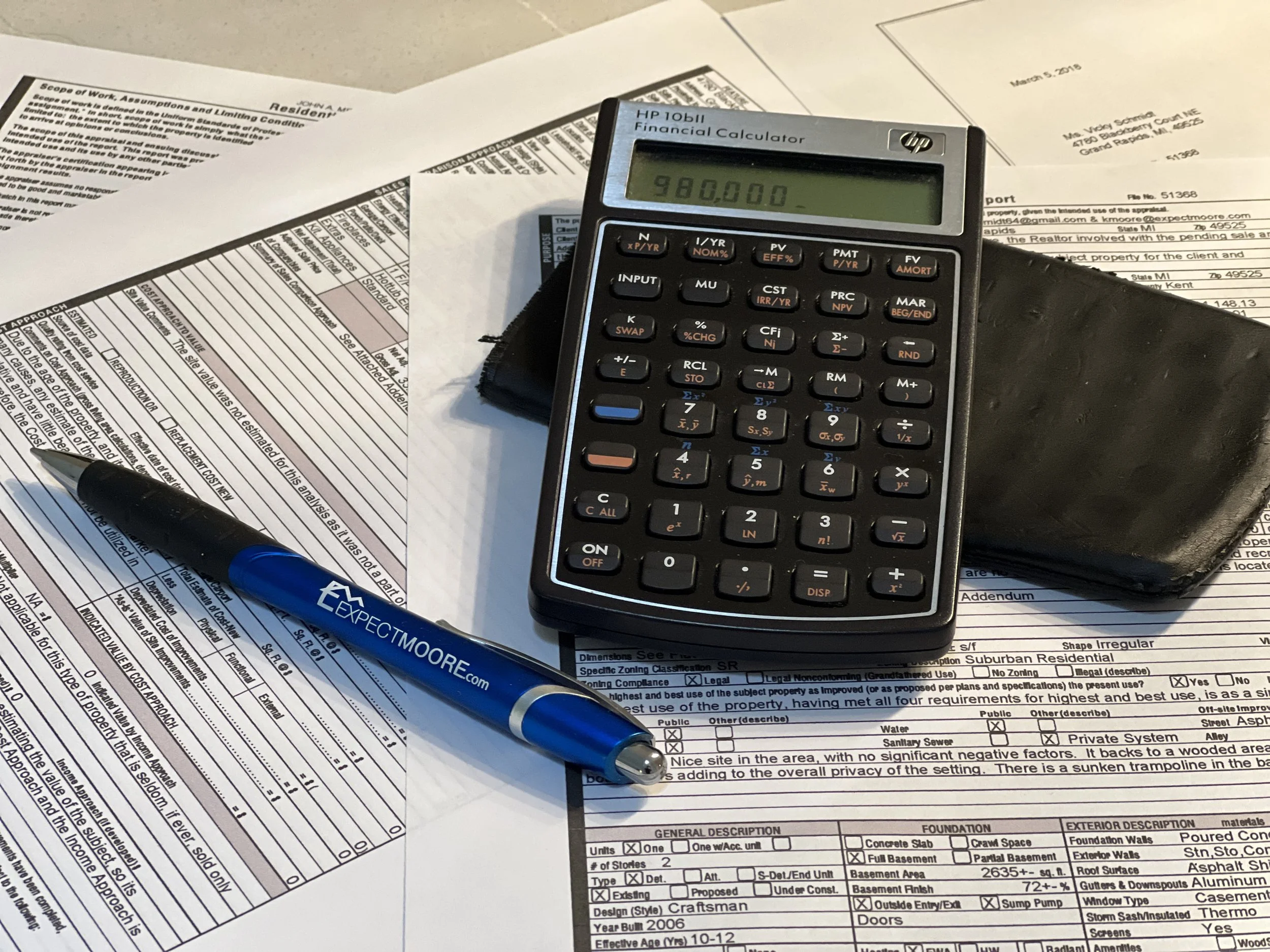
On the surface, there are not a lot of obvious differences between residential real estate practitioners. But, go a little deeper and it doesn’t take long for those differences to become apparent.
With national industry rule changes that have recently taken effect, a real estate professional’s ability to maintain relationships, disclose thoroughly, communicate effectively, and bring expert knowledge and negotiation skills to the table has never been more important.
There has never been a more appropriate time to ask questions like these:
What should I expect from my professional real estate advisor?
How do I choose the one that fits my unique needs and will bring the highest level of value to me and my transaction?
To answer these questions, let’s start from the beginning…

What Minimum Standards Should I Look For?
Formal education or certification is required for almost every profession. Teachers, nurses, accountants and other professionals hold degrees and pass rigorous testing. Skilled trades people, such as plumbers and electricians, must complete at least a two year apprenticeship program to become fully qualified in their field. Why wouldn’t you look for the same minimums when selecting your real estate advisor?
Since the bar to become licensed in residential real estate is 40 hours of classroom work and the successful completion of an exam, and since our compensation model is commission based, it is easy to see why the profession is not widely respected. It is also why, at the very least, it is essential to choose a professional with a high level and broad range of experience.
A true real estate professional will bring their existing level of education, such as a college degree or trade certification, to the real estate business knowing full well that these knowledge sets seldom directly apply. An individual worthy of being paid for their real estate expertise is one who has gained it through their own initiative and personal pursuit. Educational pursuits are often expensive and rigorous and these specific areas of study, along with subsequent practice experience, create knowledge sets that are unique to the individual practitioner. The only way to discover whether a practitioner is the right fit for your needs is to get to know them and their qualifications through the interview process.
Be able to create conditions that can lead to competing offers that maximize the end sales price, and ultimately close.
In possession of the expertise to support sales price using comparable sales that meet professional appraisal standards.
Have intuition and “street smarts.” They should be able to recognize when something does not right and stop processes, such as wire transfer, immediately.
Have access the advanced background check tools know how to be an effective first line of defense against fraud and theft.
Be technically able to utilize the full range of online resources to ensure full exposure and efficient delivery of time sensitive documents.
What Should I Expect From My Professional Advisor?
Is Residential Representation Really Necessary?
The answer to this question depends upon who you ask. Some say that real estate agents are not good for much at all, while others swear that they wouldn’t have made it through the sale or acquisition of their property without the knowledge, experience and support of an advisor they could trust. You’ll need to decide for yourself.
Although the real estate industry is criticized for its low bar to entry, there are actually many exceptionally well educated and experienced real estate professionals. These professionals bring a great deal of value to the table every day. There are others that don’t.
Please don’t mistake this for a sales pitch about why consumers should retain representation. At our practice, we are completely confident that we bring a high level of value to our clients and our marketplace. When this value is able to be measured through a significant financial gain, or through an intangible, such as the successful preservation of an important family relationship, it is gratifying. It also reinforces our view of this work as a vocation, rather than a job.
With changes to the current models and with the rise in prices and competition, it’s now more important than ever to retain an advisor with the experience, communication and negotiation skills needed to win, and for the person to know exactly what they are doing.
You should expect your professional representative to:
Be an excellent communicator, relator, relationship builder and to be a master of inquiry.
Work well with others, know when to apply subtle, ethical pressure and be able to stay in control of his/her emotions when conversations become strained.
Have a good sense of humor and have a knowing that a deal is seldom over, even when it looks like it is.
Excel at managing complex personalities, including fellow practitioners, service providers and local municipal officials.
As consumers, in any arena, we each hire our professional advisors for what they know, who they know, how they communicate and for their experiences of having been there many times before. The quality of the results are almost always dependent upon hiring the right individual.
If you are considering a move here in West Michigan, we would welcome the opportunity to interview to work in your behalf. We have been producing great results for our clients for decades and would like to love to do the same for you.
Please drop us a note, ask a question or have us come out and take a look at what you have, even if you don’t know for certain what you want to do. We’re here to be a sounding board and to help you make informed decisions. No matter what you decide, we’ll value the connection and promise not to chase or bother you in any way!









